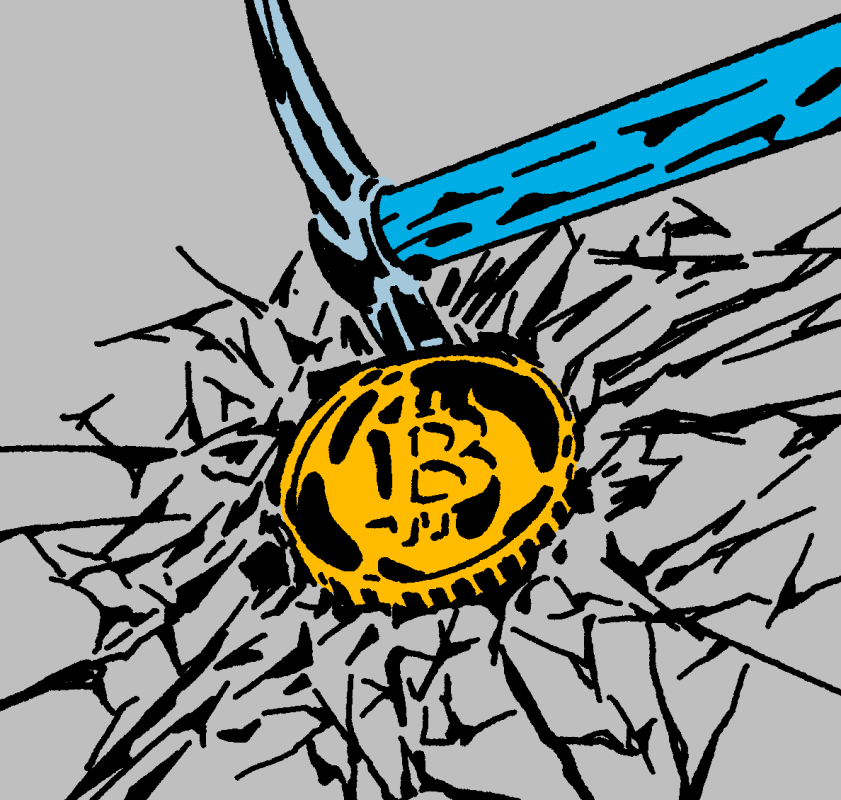Bitcoin Miners Achieve Monthly Revenue of $2 Billion


Bitcoin mining companies generated their highest monthly revenue ever in March, raking in over $2 billion in block rewards and transaction fees.
This broke the previous record of $1.74 billion set in May 2021.
Just came in: #Bitcoin Miners recorded monthly profits of $2 billion, the highest ever.
The half-life is coming in 2 weeks🙌
— Bitcoin Magazine (@BitcoinMagazine) April 2, 2024
Of the $2 billion it earned last month, about $85 million came from transaction fees and $1.93 billion from block grants. (Miners receive rewards for validating transactions and issuing new bitcoins.)
The block subsidy paid for each block mined is currently 6.25 Bitcoin. However, after the halving event scheduled for April, it will fall to 3.125 Bitcoin. This will halve miners’ revenue from creating new Bitcoins unless the price rises significantly.
Increased network activity and rising Bitcoin prices both contributed to miners’ massive profits in March. The upcoming halving creates an urgency for miners to maximize their profits before they diminish.
Foundry, a leading US mining pool, accounted for 29.4% of all blocks mined in March. Chinese pool AntPool came in second place with 22.4% of blocks. The two together account for more than half of the monthly Bitcoin supply.
While miners enjoyed huge profits last month, exchange-traded funds that purchased Bitcoin on the open market accumulated even more. ETFs purchased about 66,000 bitcoins in March, while miners produced about 25,500 bitcoins.
This widening supply-demand imbalance and halving-related scarcity could further fuel the competition to secure Bitcoin. As a result, as difficulty increases, less efficient miners may begin to be priced out, spurring industry consolidation.
With rewards halved in a matter of weeks, miners will face increasingly harsh conditions if the Bitcoin price fails to compensate for the decline in issuance. However, if history repeats itself, a strong Bitcoin bull market is still on the horizon, which could soften the revenue hit from reduced block subsidies.


